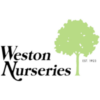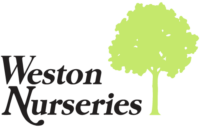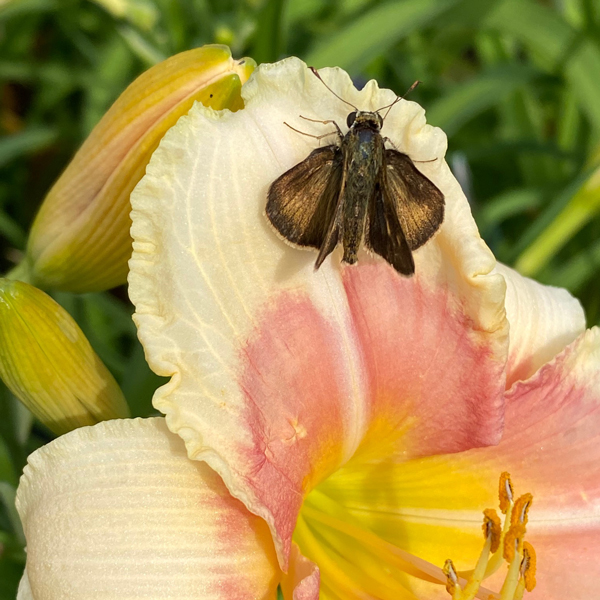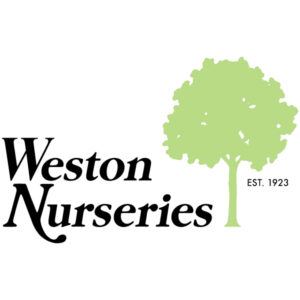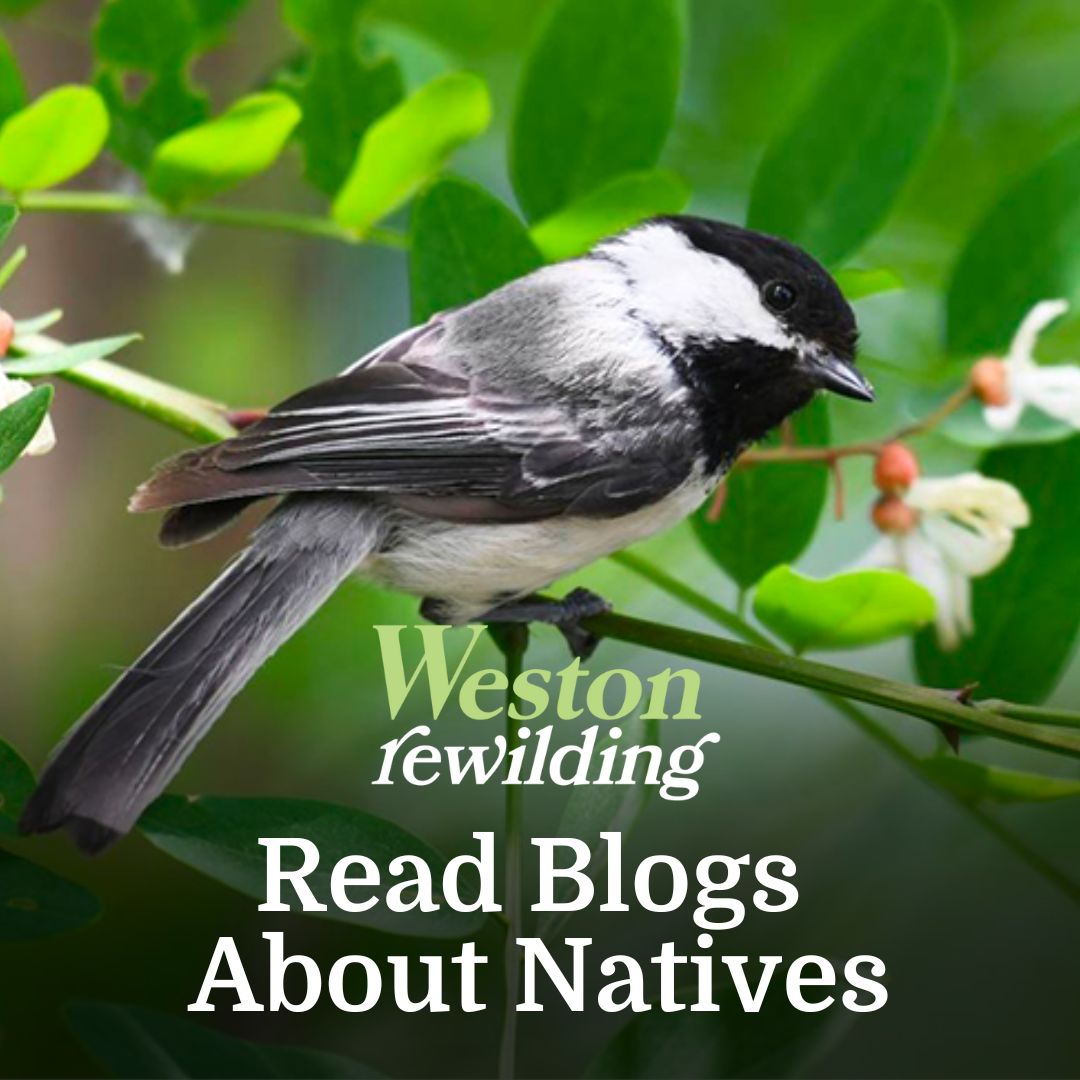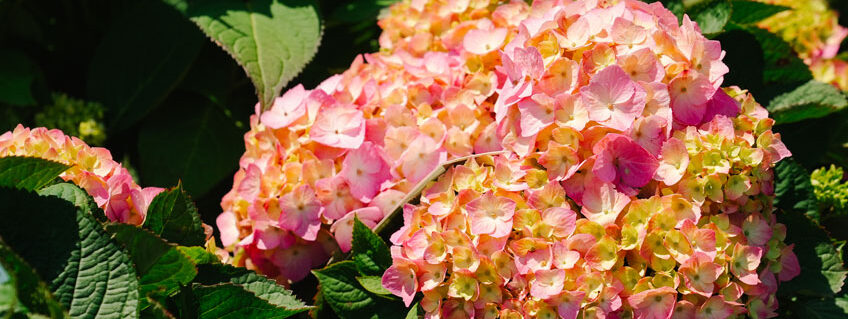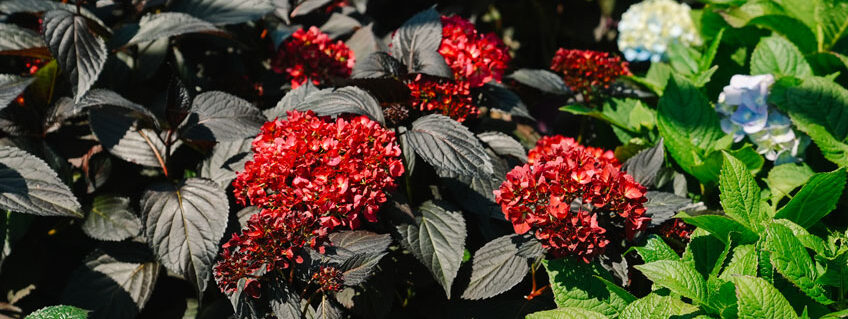The following is a summary of information about Winter Moth available from the University of Massachusetts. For detailed control information and the most recent updates go to www.umassgreeninfo.org Search in the menu for “Fact Sheets”, then “Insects and Mites”, and then “Defoliators”.
Introduced from Europe to Nova Scotia in 1949, Winter Moth (Operophtera brumata) has become a serious pest in New England over the last several years. It has no effective natural predators in Massachusetts at this time. Because repeated complete defoliation or even partial defoliation of trees can lead to mortality, control is extremely important, especially for specimen trees. If you live in an area that is known to have winter moth, you should be on the lookout for signs of infestation very early in the spring.
Especially susceptible trees are apple, ash, basswood, birch, cherry, crabapple, elm, maple, and oak, and others. Most shrubs are safe with the exception of blueberries, although some damage may occur to any shrub beneath an infested tree.
In late March or early April when temperatures average 55 degrees, eggs hatch into pale green caterpillars with two distinctive if faint white stripes the length of the body. These inch-worm-like caterpillars are tiny enough to wriggle into and devour flowers and leaves still enclosed in the bud. At this stage damage may not be noticeable. As the foliage emerges, the caterpillars grow larger and begin to feed in the open. Often it is not until this point that homeowners notice anything is wrong. Larvae usually finish feeding by mid June and drop to the soil beneath the trees to pupate. Adult moths emerge from the soil starting in mid to late November. Female moths are almost wingless and are often found at the base or climbing up trunks of trees. Males are fully winged and are often seen circling outdoor or holiday lights. After mating the females lay clusters of eggs in bark crevices, under bark scales, under lichens, and many other places. The adult moths then die, but the eggs overwinter.
Control when larvae are in the buds is very difficult. When the caterpillars leave the buds and they are still small, they can be controlled with Bacillus thuringiensis (kurstaki) (B.t.K., which must be ingested to be effective) or insecticides containing spinosad (a biorational, not to be used where bees are active, marketed in products like Cap’n Jack’s Dead Bug Brew and Monterey Garden Spray). Once caterpillars grow larger, they may eat faster than BtK or spinosad can sicken and kill them. The use of a pyrethroid insecticide (marketed in products such as Eight) or stronger insecticide like carbaryl (marketed in products such as Sevin) may be a better control choice since they kill on contact. Application of dormant oil sprays to tree trunks and branches may help reduce the number of overwintering eggs but are not completely effective since many eggs are not accessible. Use of insecticidal soaps is unlikely to prove effective. Follow all package directions when using any pesticide.
If a tree is severely defoliated it is very important to water reliably and deeply so that the tree can push a new set of leaves as quickly as possible.
